On-street public electric vehicle (EV) charge points are being installed in areas where the market was failing to deliver thanks to a new ‘cost-cutting’ approach.
UK Power Networks is working with Cambridgeshire County Council, Norfolk County Council, Cambridge City Council and Redbridge Council to reduce the cost of reinforcing the electricity network for connecting customers.
The new approach has evolved as part of the Charge Collective innovation project, which is part of UK Power Networks’ Green Recovery scheme aimed at fast-tracking the infrastructure required by low carbon projects at 86 sites, to help achieve the Government’s 10-point plan towards Net Zero by 2050.
Ian Cameron, head of customer service and innovation at UK Power Networks, said: “We are making it easier for everyone to make the switch to an EV regardless of where they park, ensuring that those who need to charge in public have access to the charge points to do so, at a reasonable cost.
“If we can roll out suitable charging infrastructure, EV adoption will follow.”
He added: “We are making significant strides to bridge the gap between on and off-street charging, and our collaborative approach with industry leaders and local authorities is beginning to pay dividends for our customers.”
More than half of households where UK Power Networks delivers electricity, (London, the South-East and East of England) do not have off-street parking, making it harder for them to consider an EV as they would solely rely on public chargers.
The local electricity network operator is collaborating with local authorities to show the value in a scalable, long-term means of incentivising new charge points.
Following a recent regulatory review by Ofgem, a similar model will now be rolled out across the country.
For example, 8,000 people in the West Chesterton and Riverside areas of Cambridge, which lack public EV charge points, are the first under the initiative, to get access to chargers within a five-minute walk of their homes.
Charge points will continue to be installed across Cambridge and Norwich so that 50,000 people will have charging within a five-minute walk of their front door.
The findings from the project are informing local authorities’ Local Area Energy Plans, which ensure that people who park on the street, can take part in the transition to EVs.
UK Power Networks says it is making it easier for local authorities to understand where charge points should be and how best to purchase them, with the first in a series of handbooks already available.
Councillor Lorna Dupre, chair of environment and green investment committee at Cambridgeshire County Council, said: “Supporting our communities to move away from fossil fuel vehicles is increasingly important, however delivering a network of electric vehicle chargers across the county is not easy.
“Collaborations like this, with our partner local authorities and electricity network operator, are vital for us to collectively find solutions to the big challenges we face when rolling out EV infrastructure at scale.
“I am pleased that the Charge Collective project has been such a success and its results are being translated into the pilot charge point project currently being installed in Cambridge.”
UK Power Networks is the country’s biggest electricity distributor, serving more than eight million homes and businesses across London, the South-East and the East of England.
> Interested in comparing electric vehicle data? Check out our EV tool.
> Interested in ensuring the efficient use of EVs. Check out our dedicated editorial sections: Insight & policy | EV news | Charging & infrastructure | Costs & incentives | Benefit-in-kind | EV case studies | EV road tests

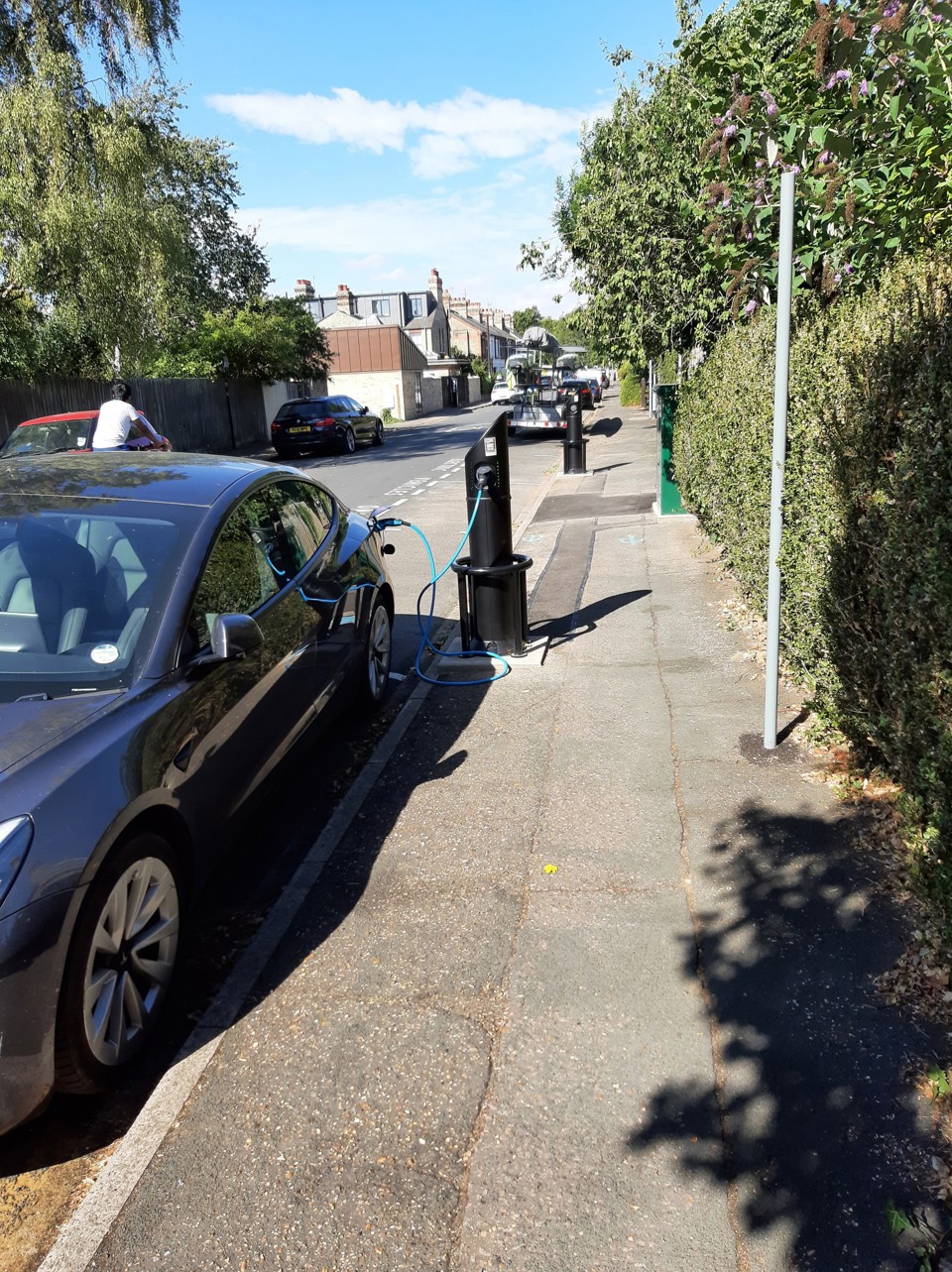




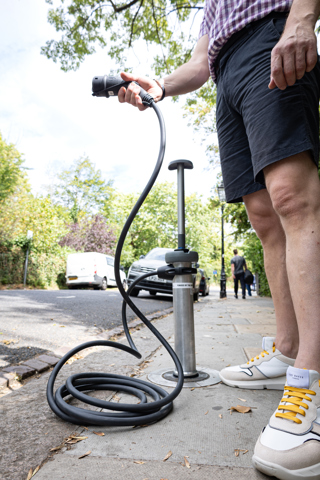
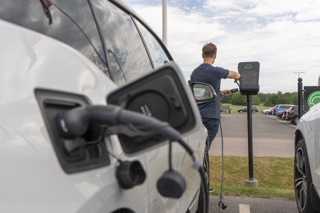
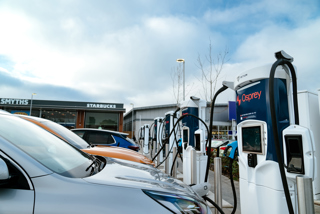
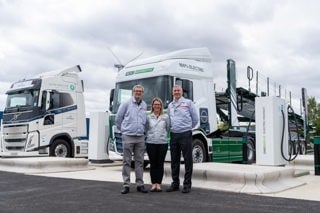
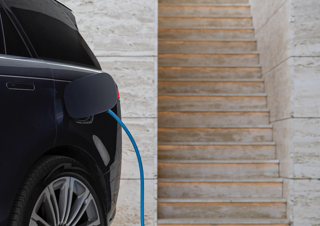











Login to comment
Comments
No comments have been made yet.